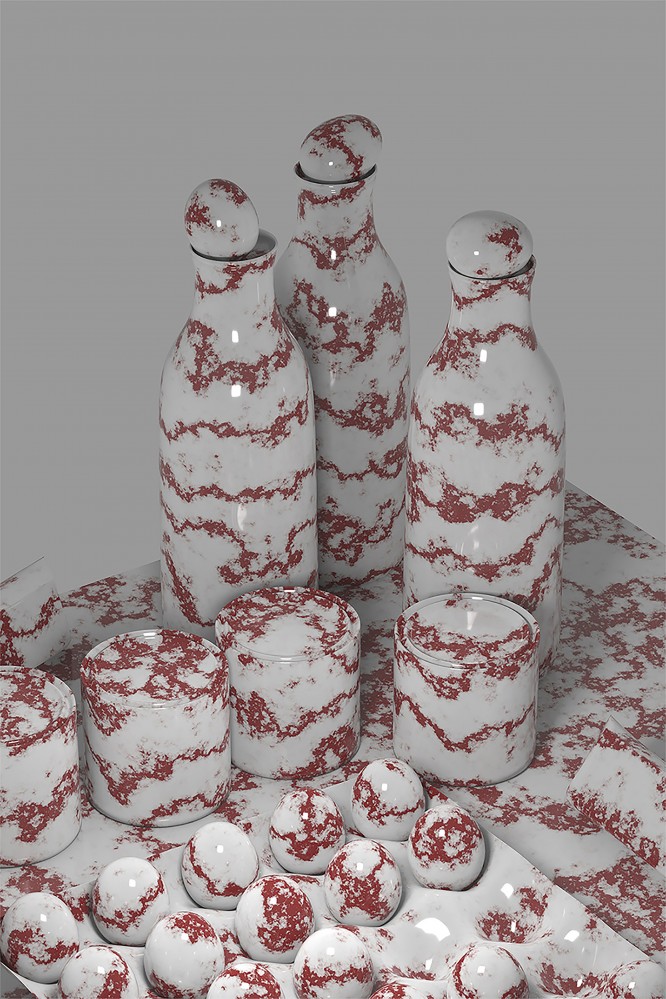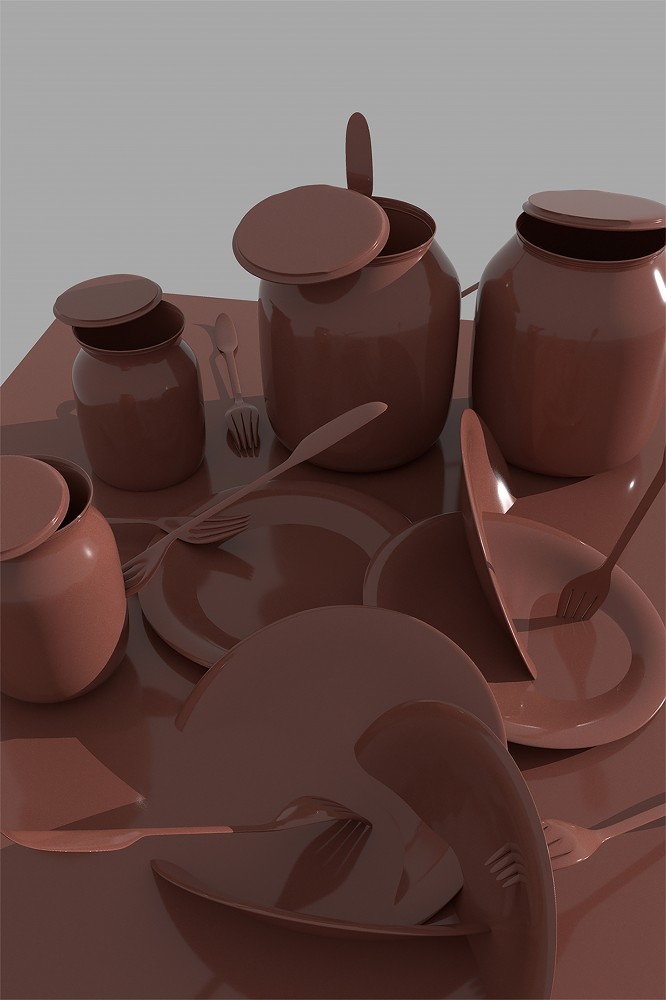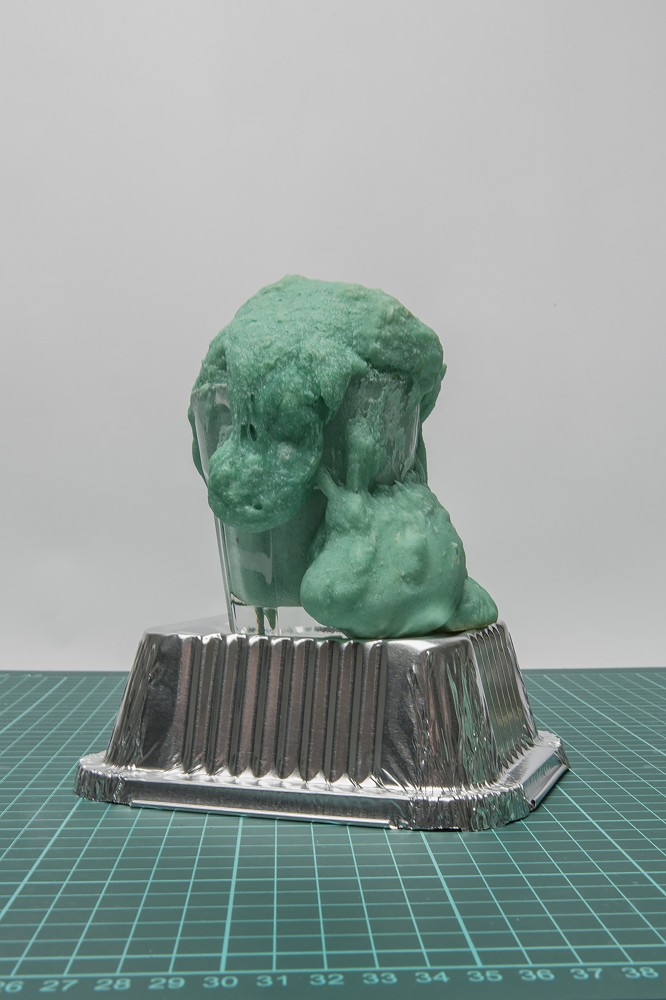









Some years ago, I began refusing to eat meat entirely. My objection being based neither on ecological nor ethical grounds, I could only guess at what mechanism of a personal eschatology drove my alimentary choice. The nucleus of Spinebone Soup and Stuffed Rabbits is a reflection on the nature of food politics; the transition of biopolitics into necropolitics; the establishment of ethics as a product of dominant ideologies; and the role of trauma, memory, and speech in the shaping of consumer choice. The Siege of Leningrad served as a point of departure. For me, it is not some speculative episode out of an abstract past, but a humanitarian collapse which directly animated my anamnesis. It is a unique, timeless space behind the looking glass, ever-present, casting a shadow across generations. The Siege is an indelible genetic memory, a trauma, a corporeal imprint. It is revealed in sophisticated figures of omission, in the failure to utter, in postures of violence. The food trauma is not only the remembrance of hunger; it is the horror of extreme survival. Forced cannibalism drives destructive memory and legitimises dehumanisation by the power apparatus. Heroic status is bestowed upon those who, deprived of words, are thereafter eaten. The multiple languages of my work conflate different ideologies. References to the archival representation of plenitude neighbour the familiar tropes of consumerism. The nourishing component of this general approach is reduced to a representation of a shell, a symbol, a signified without a signifier: to a speculative cookbook of words.






